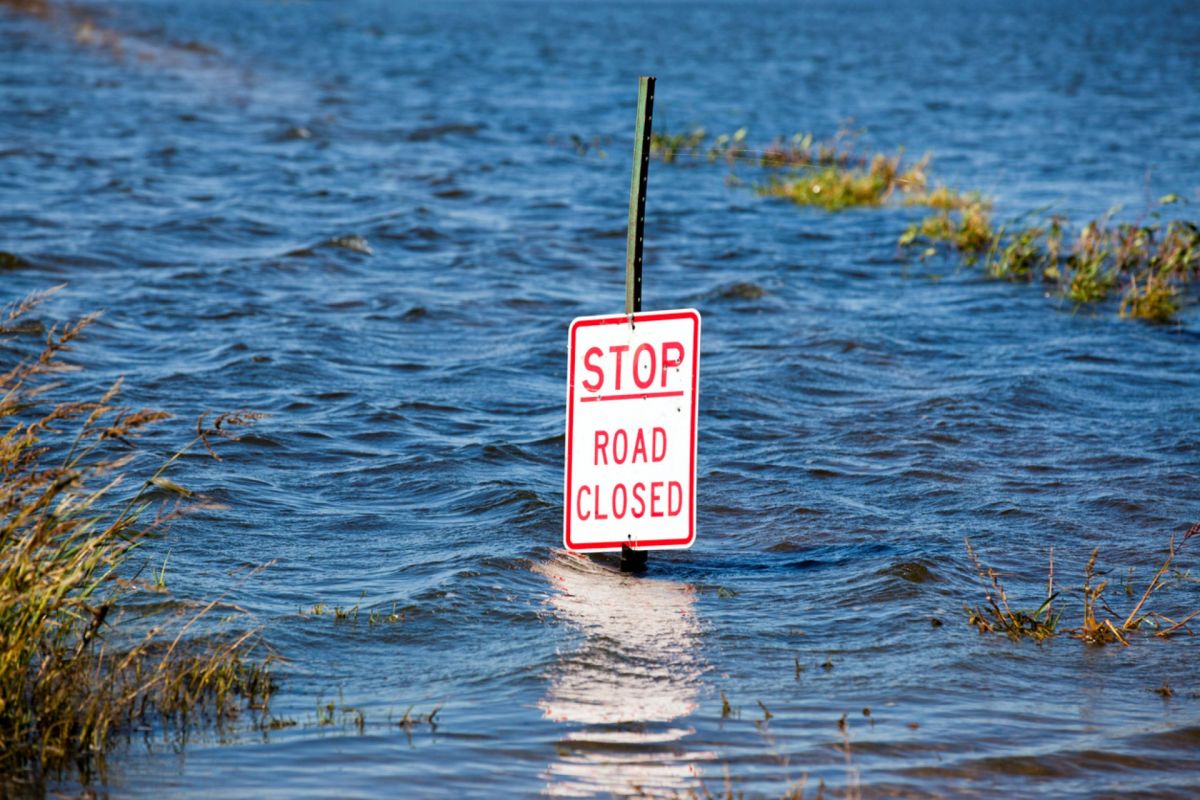For more than 40 years, the Federal Emergency Management Agency (FEMA) has been essential in the disaster recovery response of the United States, but a number of key projects have come to an abrupt halt as the organization grapples with a funding pause.
What's happening?
Jake Bittle of Grist recently reported that FEMA is no longer able to support some victims of disasters, affecting the rebuilding of communities from Kentucky to Florida to Puerto Rico.
"It's huge, and it's crippled us right now. It really puts a hardship on us, and it will be hard for all smaller communities going forward," said Scott Alexander, a judge and chief executive in Kentucky's Perry County, which didn't receive the $3.7 million FEMA was going to send to help repair roads and homes following a historic 2022 flood.
Cuts also include $560 million allocated for the recovery from Hurricane Ian in Florida — which is also dealing with the fallout from Hurricane Idalia in August — and $250 million for Puerto Rico's recovery from Hurricanes Maria and Fiona, Grist reports.
Why is this concerning?
In September, Shana Udvardy, a policy analyst at the Union of Concerned Scientists, told Grist that the U.S. Congress, as the government tried to avoid a shutdown, hadn't agreed upon terms to refill the Disaster Relief Fund. FEMA is also reportedly trying to handle a new disaster declaration every three days on average, per Grist.
In 2021, the World Meteorological Organization found that extreme weather events, fueled by the changing temperatures of our planet due to human activities, are becoming more frequent.
As David Straughan detailed for MarketWatch in September, data from the National Centers for Environmental Information shows 43% of billion-dollar natural disasters in the U.S. have occurred in the past 10 years, with an uptick in flooding and severe storm events in particular.
What can we do to help?
There are private and nonprofit organizations that work to provide relief, including the Red Cross, which takes donations and offers assistance with everything from shelter to cleanup.
In the long term, eliminating plastic waste — which can slow down the draining of water in our communities and also create planet-heating pollution that intensifies severe weather — is one way to help mitigate the negative impacts of flooding. Some recycling programs, such as L'Occitane's partnership with TerraCycle, can even save you money on everyday products while reducing plastic waste and being good for the environment.
Join our free newsletter for cool news and actionable info that makes it easy to help yourself while helping the planet.









